
# 3187j FDC - 1999 33c Celebrate the Century - 1950s: World Series Rivals
33¢ World Series Rivals
Celebrate the Century – 1950s
City: Springfield, MA
Printing Method: Lithographed, engraved
Perforations: 11.5
Color: Multicolored
Birth of Yogi Berra
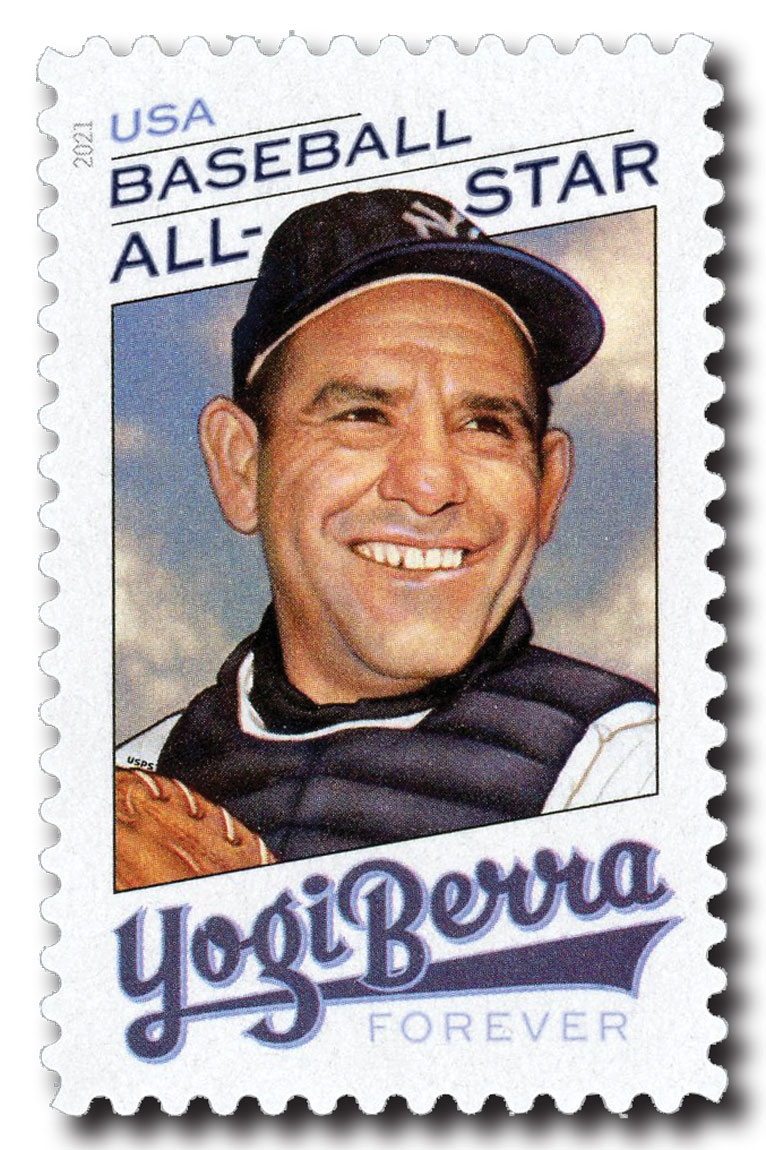
Lorenzo Pietro “Yogi” Berra was born on May 12, 1925, in St. Louis, Missouri. He is widely considered to be one of baseball’s greatest catchers and best clutch hitters of all time.
The son of Italian immigrants, Berra grew up on the same block as fellow catcher Joe Garagiola Sr. Later. sportscaster Jack Buck would also live there, leading the street to be nicknamed “Hall of Fame Place.” Berra began playing baseball with local American Legion leagues, playing both infield and outfield positions. It was during this time that he received his nickname from friend Jack Maguire. After watching a newsreel about India, he said that Berra reminded him a yogi (one who practices yoga) because of the way he would sit with his arms and legs crossed while waiting to bat.
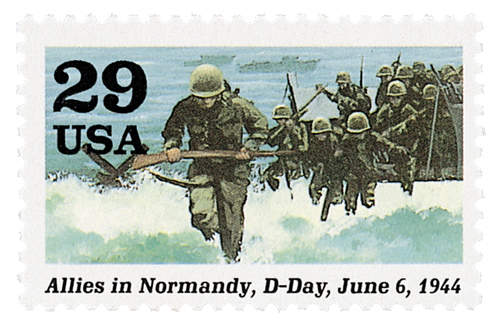
Berra signed with the Yankees when he was just 18 years old. However, his baseball career was put on hold almost immediately when he volunteered to fight in World War II. During the war, Berra joined the United States Navy and served as a gunner’s mate. He took part in the Normandy landings aboard the USS Bayfield, firing rockets on German machine-gun nests on Omaha Beach. Berra’s ship was fired upon, but he was not hit during this action. He later received a Purple Heart and several commendations for bravery.
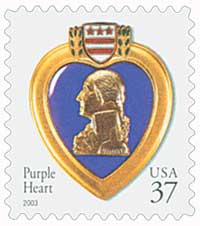
After the war, Berra returned to baseball playing with the minor league Newark Bears. He was finally called up to the majors on September 22, 1946, playing his first professional game with the Yankees. Berra played in seven games that season and 83 the following season. After that, he played in more than 100 games per year over the next 14 years.
Berra’s time with the Yankees was one of the team’s most successful periods. He appeared in 14 World Series and 10 World Series championships, setting records for both. He set many records for the series, including most games (75), at bats (259), hits (71), doubles (10), singles (49), games caught (63), and catcher putouts (457). He also hit the first pinch-hit home run ever in the World Series in 1947. Berra also caught Don Larsen’s 1956 World Series perfect game, the first of only two MLB post-season no-hitters.
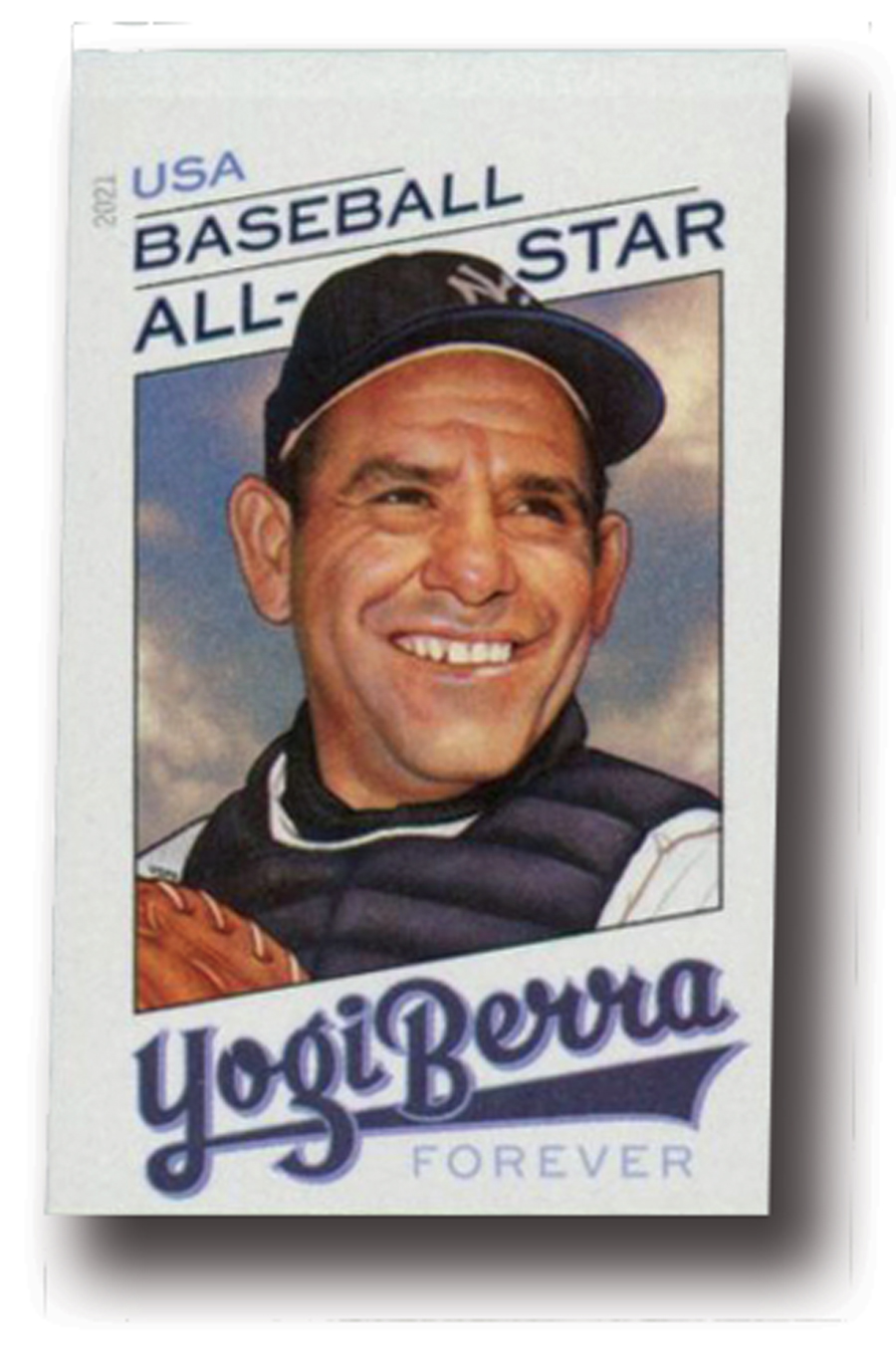
Berra was short compared to most players, just 5 feet, 7 inches tall, but was a powerful hitter and excellent catcher. He was consistently recognized for his skills. He was a 15-time All-Star and played in 18 All-Star Games (between 1959 and 1962 there were two All-Star Games per year). He was one of just six players to be voted the American League’s Most Valuable Player (MVP) three times (1951, 1954, and 1955). Berra also received votes for MVP 15 seasons in a row and was in the top four contenders every season from 1950 to 1957. He also led the team in RBIs for seven seasons in a row.
Berra spent the 1963 season as a player-coach and served as manager of the Yankees for the 1964 season. He then went to the New York Mets, where he played one season and served as a coach (1965-71) and manager (1972-75). He then returned to the Yankees as a coach (1976-83) and manager (1984-85). Berra finished his career as a coach for the Houston Astros (1986-89).

By the time he retired from baseball, Berra had played or coached in 21 World Series games, with 13 of those being victories. He set the MLB record for most shutouts caught in history (173), won 10 World Series rings (more than any other MLB player), and played in 75 World Series games. He was also one of nine managers to lead teams in both the American and National Leagues to the World Series.
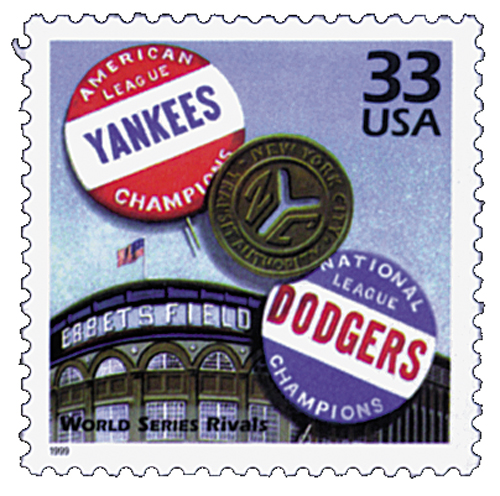
In addition to his skills on the field, Yogi was also known for his “Yogi-isms,” which were often humorous, yet wise anecdotes. Some of these include “It ain’t over ”˜till it’s over,” “It’s déjà vu all over again,” “You can observe a lot by watching,” “When you come to a fork in the road, take it,” “Nobody goes there anymore. It’s too crowded,” “A nickel ain’t worth a dime anymore,” “If you can’t imitate him, don’t copy him,” “90% of the game is half mental,” and “I really didn’t say everything I said.”
Berra was elected to the Baseball Hall of Fame in 1972, the same year his number, 8, was retired. He received an honorary doctorate from Montclair State University, which named its stadium after him. The school is also home to the Yogi Berra Museum and Learning Center, which holds several Berra’s game-used items and championship rings (several of which were stolen in 2014). Berra supported the museum’s creation, hoping it would help encourage sportsmanship on and off the field. In 1999, Yankee Stadium celebrated Yogi Berra Day on July 18. He also received the Golden Plate Award and the first Bob Feller Act of Valor Award. Berra died on September 22, 2015, and was posthumously awarded the Presidential Medal of Freedom two months later.
33¢ World Series Rivals
Celebrate the Century – 1950s
City: Springfield, MA
Printing Method: Lithographed, engraved
Perforations: 11.5
Color: Multicolored
Birth of Yogi Berra

Lorenzo Pietro “Yogi” Berra was born on May 12, 1925, in St. Louis, Missouri. He is widely considered to be one of baseball’s greatest catchers and best clutch hitters of all time.
The son of Italian immigrants, Berra grew up on the same block as fellow catcher Joe Garagiola Sr. Later. sportscaster Jack Buck would also live there, leading the street to be nicknamed “Hall of Fame Place.” Berra began playing baseball with local American Legion leagues, playing both infield and outfield positions. It was during this time that he received his nickname from friend Jack Maguire. After watching a newsreel about India, he said that Berra reminded him a yogi (one who practices yoga) because of the way he would sit with his arms and legs crossed while waiting to bat.

Berra signed with the Yankees when he was just 18 years old. However, his baseball career was put on hold almost immediately when he volunteered to fight in World War II. During the war, Berra joined the United States Navy and served as a gunner’s mate. He took part in the Normandy landings aboard the USS Bayfield, firing rockets on German machine-gun nests on Omaha Beach. Berra’s ship was fired upon, but he was not hit during this action. He later received a Purple Heart and several commendations for bravery.

After the war, Berra returned to baseball playing with the minor league Newark Bears. He was finally called up to the majors on September 22, 1946, playing his first professional game with the Yankees. Berra played in seven games that season and 83 the following season. After that, he played in more than 100 games per year over the next 14 years.
Berra’s time with the Yankees was one of the team’s most successful periods. He appeared in 14 World Series and 10 World Series championships, setting records for both. He set many records for the series, including most games (75), at bats (259), hits (71), doubles (10), singles (49), games caught (63), and catcher putouts (457). He also hit the first pinch-hit home run ever in the World Series in 1947. Berra also caught Don Larsen’s 1956 World Series perfect game, the first of only two MLB post-season no-hitters.

Berra was short compared to most players, just 5 feet, 7 inches tall, but was a powerful hitter and excellent catcher. He was consistently recognized for his skills. He was a 15-time All-Star and played in 18 All-Star Games (between 1959 and 1962 there were two All-Star Games per year). He was one of just six players to be voted the American League’s Most Valuable Player (MVP) three times (1951, 1954, and 1955). Berra also received votes for MVP 15 seasons in a row and was in the top four contenders every season from 1950 to 1957. He also led the team in RBIs for seven seasons in a row.
Berra spent the 1963 season as a player-coach and served as manager of the Yankees for the 1964 season. He then went to the New York Mets, where he played one season and served as a coach (1965-71) and manager (1972-75). He then returned to the Yankees as a coach (1976-83) and manager (1984-85). Berra finished his career as a coach for the Houston Astros (1986-89).

By the time he retired from baseball, Berra had played or coached in 21 World Series games, with 13 of those being victories. He set the MLB record for most shutouts caught in history (173), won 10 World Series rings (more than any other MLB player), and played in 75 World Series games. He was also one of nine managers to lead teams in both the American and National Leagues to the World Series.

In addition to his skills on the field, Yogi was also known for his “Yogi-isms,” which were often humorous, yet wise anecdotes. Some of these include “It ain’t over ”˜till it’s over,” “It’s déjà vu all over again,” “You can observe a lot by watching,” “When you come to a fork in the road, take it,” “Nobody goes there anymore. It’s too crowded,” “A nickel ain’t worth a dime anymore,” “If you can’t imitate him, don’t copy him,” “90% of the game is half mental,” and “I really didn’t say everything I said.”
Berra was elected to the Baseball Hall of Fame in 1972, the same year his number, 8, was retired. He received an honorary doctorate from Montclair State University, which named its stadium after him. The school is also home to the Yogi Berra Museum and Learning Center, which holds several Berra’s game-used items and championship rings (several of which were stolen in 2014). Berra supported the museum’s creation, hoping it would help encourage sportsmanship on and off the field. In 1999, Yankee Stadium celebrated Yogi Berra Day on July 18. He also received the Golden Plate Award and the first Bob Feller Act of Valor Award. Berra died on September 22, 2015, and was posthumously awarded the Presidential Medal of Freedom two months later.













